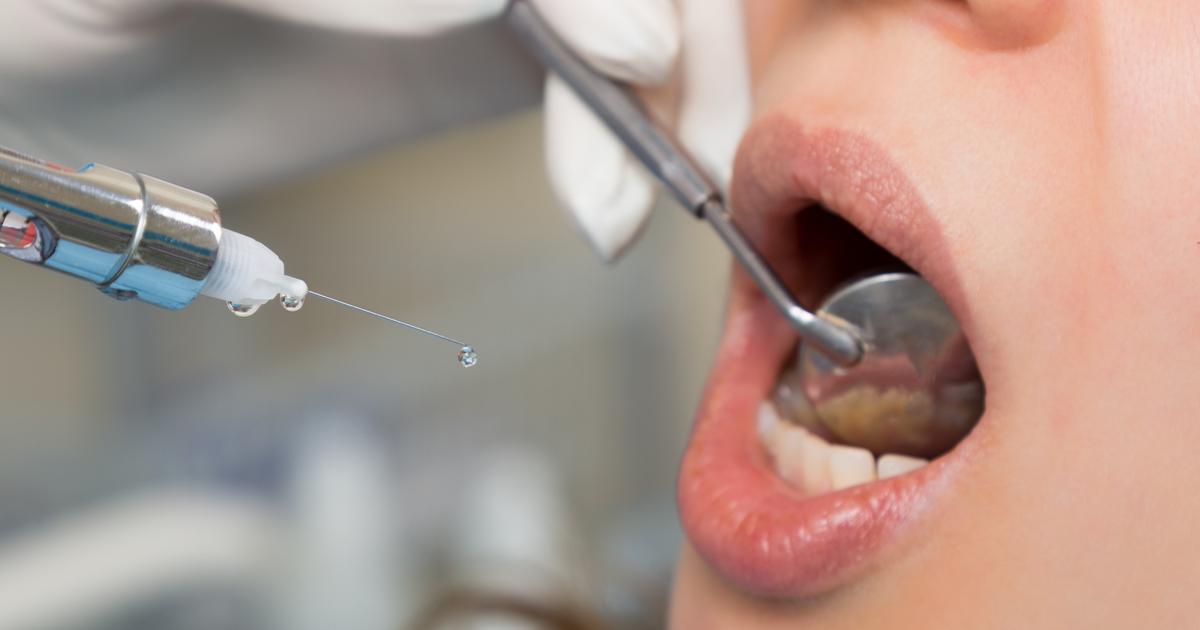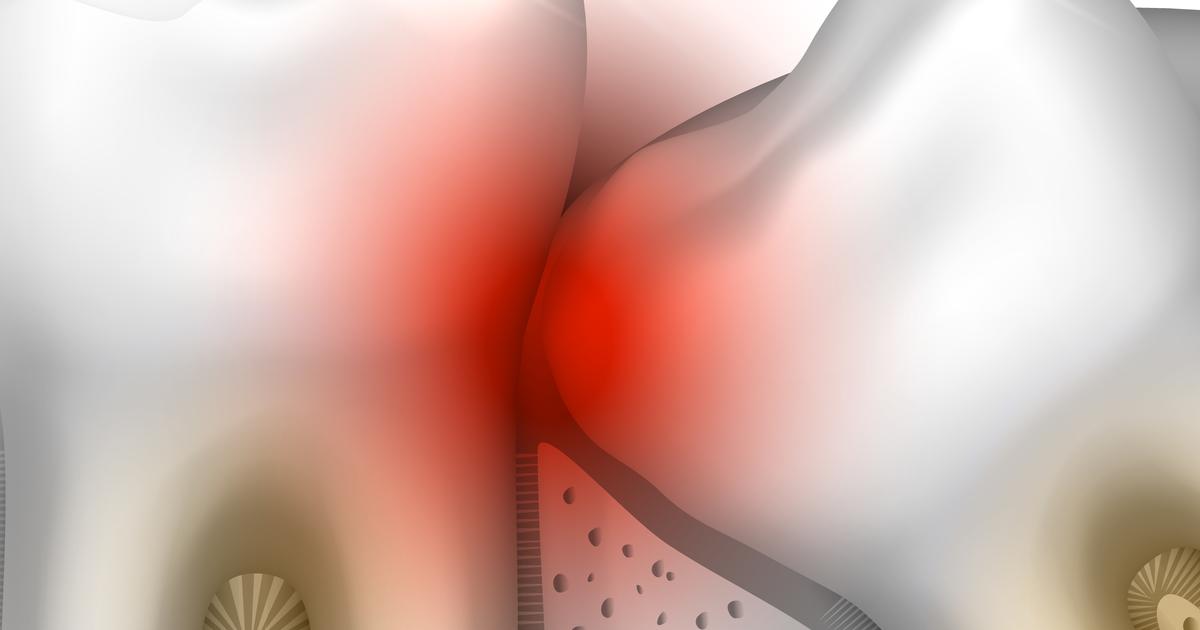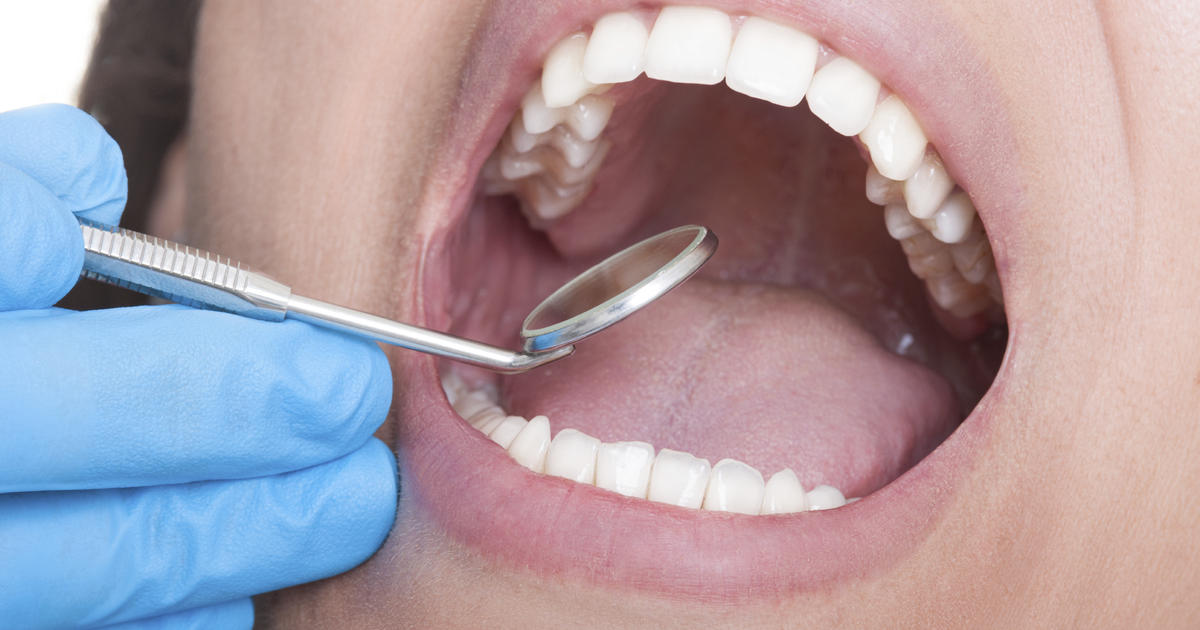Guide To The Causes Of A Toothache
A toothache occurs when the nerve surrounding a tooth or in the root of a tooth has become irritated. The majority of dental issues can be prevented by getting professional teeth cleanings twice yearly, brushing teeth with fluoride toothpaste, and flossing. A toothache may present as anything from uncomfortable pressure to severe pain. The pain might intensify when an individual presses the tooth. Some patients also experience serious pain when their teeth are exposed to cold or hot stimuli. After removing the stimuli, the pain might continue for longer than fifteen seconds. Pain might also radiate to the jaw, ear, or cheek.
Get the details on what can cause a toothache to occur now.
Cavities

Cavities occur when there is permanent damage to the hard surface of the teeth, leading to tiny openings. Several factors can cause cavities including improper tooth cleaning, sipping sugary drinks, snacking frequently, and having bacteria in the mouth. Cavities are particularly common in older adults, teenagers, and children, though anyone with teeth can get a cavity, even infants. Cavities that remain untreated become larger and cause problems in deeper layers of the teeth. Cavities can cause severe toothaches and infection. At the start of a cavity, individuals might not experience any symptoms. More serious tooth decay might cause symptoms like spontaneous tooth pain, teeth sensitivity, pain when drinking or eating something cold, hot, or sweet, pain when biting down, and visible pits in the teeth. A toothache is a reason to see a dentist. It's also important for individuals to get regular teeth checkups, since some cavities don't cause any symptoms until they've become advanced. The destruction leads to irritated and swollen tooth pulp, which then causes nerve compression.
Learn more about the causes of a toothache now.
Tooth Decay

Decaying of the teeth happens when the protective enamel around teeth becomes damaged and worn away. If plaque isn't properly cleaned away, it can harden into tartar, which is more difficult to remove. Bacteria feed on plaque and can cause an infection in an individual's mouth. Plaque also contains acids that leech away the minerals in tooth enamel. The erosion causes holes to open in the enamel. After the enamel has been worn away, the acids and bacteria begin to damage the dentin layer of the teeth. This destruction happens more quickly, since dentin is not very resistant to acid. The dentin in teeth contains small tubes that communicate with the nerves, which leads to sensitivity. When the acid eats through the dentin, it reaches the pulp, and this inner portion of the tooth swells. Since the swelling doesn't have anywhere to go, the nerve becomes compressed, which can lead to constant and serious pain.
Keep reading to learn more about toothache causes now.
Temperature Sensitivity

A toothache can be caused by temperature sensitivity, which occurs when enamel becomes worn down, exposing the dentin underneath. Dentin communicates directly with the nerve of a tooth. Because dentin isn't meant to interact directly with stimuli, it's much more sensitive than other parts of the body. If individuals eat or drink something very cold or very hot, therefore, they will experience sensitivity pain when the substance interacts with dentin. Dentin exposure can also occur if the gums have been worn away, causing further exposure at the bottom of teeth.
There are a few ways to treat sensitive teeth. One is to use desensitizing toothpaste, which is specifically formulated to help with temperature sensitivity in teeth. These types of toothpaste have ingredients that block the tubules in dentin, which in turn blocks nerve pain. It might also help for individuals to change the way they brush their teeth. Scrubbing too hard at teeth can cause the enamel to wear away further. Instead, individuals should get a soft toothbrush and hold it between two fingers as they brush.
Read more about the causes of toothaches now.
Grinding Teeth

Grinding teeth, medically known as bruxism, can lead to a toothache. Many individuals may not even realize they grind their teeth, since many do it in their sleep. Millions of individuals throughout the United States experience aching teeth and an aching jaw due to bruxism. Chronic teeth grinding has the potential to damage fillings and crowns if it's not treated. It can also wear away tooth enamel, which increases an individual's risk of developing tooth decay or an infection. Multiple things can cause bruxism including anxiety, stress, poor jaw alignment, and crooked teeth. Bruxism caused by misaligned teeth can sometimes be helped by straightening the teeth through braces or other orthodontia. If the bruxism is related to stress, patients might need to practice stress management techniques to relieve the aching. Individuals might also benefit from getting a mouth guard to wear at night, which can help protect teeth against unconscious bruxism.
Discover more causes of toothaches now.
Impacted Wisdom Tooth

The wisdom teeth are the last molars that emerge in adulthood. The majority of individuals have four wisdom teeth, and two are located on top of the mouth, and two on the bottom. An impacted wisdom tooth doesn't have adequate room to develop or emerge normally. Impacted teeth can cause damage to other teeth, tooth pain, and other dental issues. There have been cases where impacted wisdom teeth don't cause any immediate or apparent problems. However, they are harder to clean, which makes them more vulnerable to gum disease and tooth decay. When an impacted wisdom tooth is causing a toothache, it will usually be removed. Impacted teeth might become infected or harm the surrounding teeth. When this is the case, patients may experience pain and swelling in the jaw, tenderness and bleeding in the gums, bad breath, and trouble opening their mouth. Individuals should see a dentist if they have a toothache that might be caused by a wisdom tooth.
Keep reading to uncover more causes of a toothache now.
Gingivitis

Gingivitis is the most common type of gum disease. While it is a mild condition and highly treatable, it's important to seek treatment because it can develop into much more severe gum disease. An individual with gingivitis will experience swelling, redness, and irritation of the gingiva, the portion of the gum that wraps around the bases of the teeth. Poor oral hygiene is usually a contributor to gingivitis. Being proactive about one's dental health is the best way to prevent and treat it. If individuals have gingivitis, their gums might be darkly colored, puffy, or swollen. Receding gums are another symptom that indicates the disease is becoming serious. Patients with gingivitis might have easily bleeding gums and bad breath. If bacteria slip underneath the gum line, they can cause soreness that seems to be inside the tooth. In addition, if the gums recede enough to expose a cavity, a tooth might get infected by bacteria and experience shooting pain.
Read more about the causes of a toothache now.
Abscessed Tooth

An abscessed tooth occurs when a pocket of pus forms in a portion of the tooth. Abscesses can form in basically any part of the tooth, though they might be more likely in teeth with cavities. The pus is the body's response to a bacterial infection inside the tooth where there is a nerve. When the pus and bacteria invade the tooth with nowhere to go, the pressure builds until the nerve becomes compressed, causing pain ranging from moderate to severe. It might throb or shoot toward the neck and ear. Abscessed teeth can become life-threatening if the infection isn't treated. A periapical abscess forms at the tip of the root of the tooth. A periodontal abscess forms not on the tooth itself, but the gum immediately beside the root. A gingival abscess forms on the gums. Pain from an abscessed tooth tends to occur suddenly, and it builds over time. It might be worse when individuals lie down, eat, or try to brush their teeth. The infection might also cause facial swelling, a fever, and swollen lymph nodes.
Discover additional causes of a toothache now.
Fractured Tooth

A fractured tooth is a fairly common occurrence, but one that requires dental treatment as soon as possible. A tooth can crack or fracture if individuals bite down too hard on hard foods or grind their teeth in their sleep. Older individuals have a higher risk of fractured teeth, and some might find their teeth crack without any apparent reason. Cracked teeth are the most common cause of tooth loss in the United States. Besides biting down or grinding teeth, a fractured tooth can be caused by a trauma to the mouth during an accident or sporting event, an extreme change in mouth temperature, and fillings that are too large for the tooth to retain its strength. If individuals eat very hot food and then chug ice water to cool off, they'll increase the risk of a crack. There are multiple kinds of cracks. Small cracks in enamel don't need treatment. A fractured cusp occurs due to a filling. Other cracks that require treatment are ones extending into the gums, completely split teeth, and vertical fractures starting from the tooth root.
Learn more about what can cause a toothache now.
Dry Socket

Tooth extractions can be unpleasant experiences even in the best of circumstances. But dry socket is even worse. Dry socket is a condition that can sometimes develop following oral surgery to extract a tooth. Proper post-surgical care can help avoid dry socket, and it's also highly treatable if it does develop. When a tooth is removed during surgery, the body will respond by creating a blood clot in the space previously occupied by the tooth. This prevents the patient from bleeding excessively and gives the gums a chance to heal while being protected. But with dry socket, the blood clot becomes dislodged or doesn't form in the first place, which means the nerves and bone underneath the opening are exposed. There's no way to predict definitively whether someone will develop dry socket, but some risk factors include smoking, chewing tobacco, taking oral birth control, developing infections around the extraction site, using a drinking straw immediately following the extraction, and not following the post-surgery instructions for care.
Get more details on what can trigger a toothache now.
Temporomandibular Joint Disorder

The temporomandibular joint (TMJ) is the hinge-like joint that connects the skull to the jawbone. Everyone has two of these joints, one on each side of the jaw. There are a variety of TMJ disorders that can lead to pain and other complications. Individuals might experience pain in the joint of their jaw and the muscles controlling their jaw's movement. It might be hard to pinpoint the source of the pain, especially if it radiates. This can cause the problem to feel like a toothache despite being unrelated to the teeth. Temporomandibular joint disorders don't have one set cause, but they're commonly influenced by past injuries, arthritis, and genetics. Individuals also have a higher risk factor if they grind their teeth at night. Most TMJ disorders only cause temporary pain, and patients can use non-invasive treatment methods and lifestyle changes to address it. In serious cases, when the pain is impeding quality of life and hasn't been helped by non-invasive measures, surgery might be beneficial.
